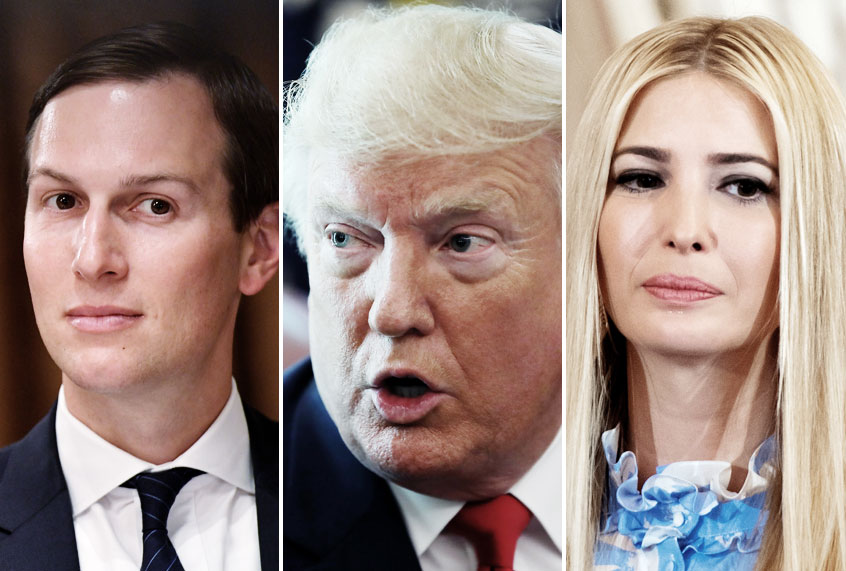President Trump has had an unprecedented rate of turnover among his White House staff, well above the level of recent presidents. A new survey suggests that this reflects the emphasis Trump places on personal loyalty over experience.
Among staff members in the executive office of the president (not including Cabinet officials), the Trump administration has seen a turnover rate of 78 percent throughSept. 19, according to a study by the Brookings Institution. Because each position on this so-called “A Team” is only counted once, the number would be even higher if it took into account positions that have been vacated multiple times, such as chief of staff (held by Reince Priebus, John Kelly and Mick Mulvaney) and communications director (a post held by Michael Dubke, Anthony Scaramucci, Hope Hicks, Bill Shine and Stephanie Grisham). Overall, 31 percent of Trump’s A Team positions have seen serial turnover during the same period.
“I call it serial turnover, and created a special chart dedicated to multiple occasions when there have been two or more departures within one specific office,” said Kathryn Dunn Tenpas, a nonresident senior fellow in governance studies at Brookings and creator of the study. “That’s sort historically unprecedented. I’ve never had to create a chart like that for other administrations because there have never been so many departures within certain offices.”
For historical context, Tenpas told Salon that Trump had reached that 78 percent turnover level within 32 months, while “Ronald Reagan was at 78 percent after four full years in office,” and the other five previous presidents were all below 78 percent for their full terms in office.
Tenpas noted that Trump was at a disadvantage when he began the hiring process because he had a relatively small national campaign staff from which to pull future hires. This was exacerbated by his tendency to rule out otherwise-qualified Republicans who had opposed him during the campaign, thereby further limiting his staffing options.
Trump also avoided hiring people who had worked for the previous Republican president, George W. Bush, which Tenpas said was striking: “If you go back historically, you’ll see that Presidents tend to draw pretty heavily from the prior administration” of the same party. In other words, she continued, “The next Democrat will probably hire a lot of former Obama individuals.”
Tenpas said the negative implications of Trump’s choices have included “a loss of institutional memory” and the fact that government officials haven’t been able to cultivate the personal relationships essential to effectively performing their duties. She added that the intense churn has impeded Trump’s ability to implement his agenda:
“If you don’t have the staff in place, there’s no way, as an individual president, you can accomplish everything given the vast array of responsibilities. You have to rely on staff. If the staff at the senior levels keep turning over, that makes it difficult to implement your campaign promises, your priorities, your agenda, what have you.”
Tenpas also described the apparent nepotism of Trump hiring his daughter and son-in-law, Ivanka Trump and Jared Kushner, as “undemocratic.” Although some previous presidents have hired relatives for high-ranking positions — for instance, John F. Kennedy famously appointed his brother Robert as attorney general — this seems different.
“The portfolio of Jared is unlike anything I’ve ever seen,” Tenpas said. “This is an individual with a finance and real estate background who got into the White House and is now negotiating Middle East peace.”

